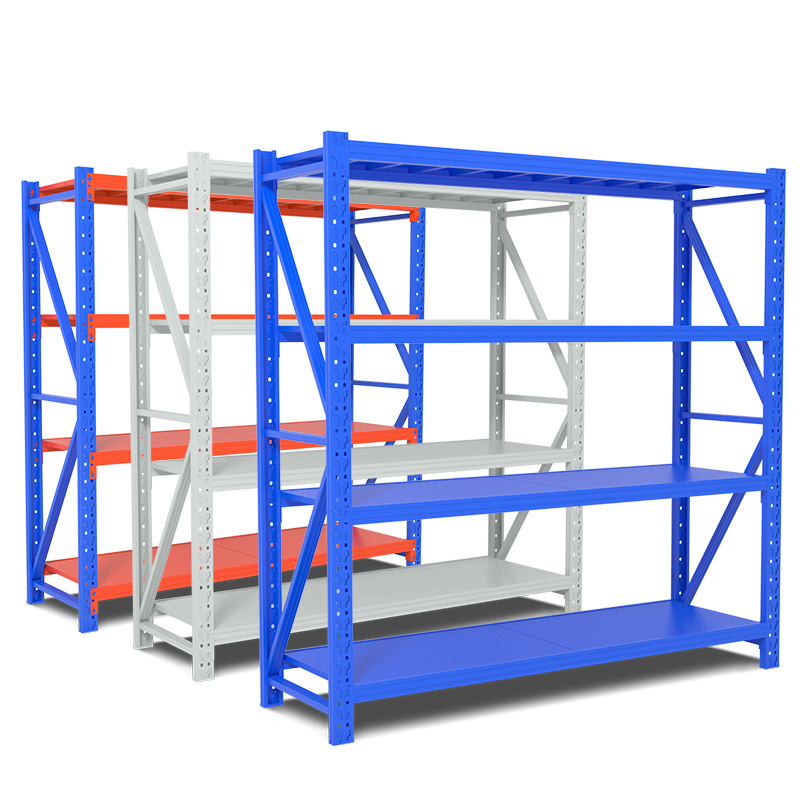Stereoscopic Warehouse

Definition of a Stereoscopic Warehouse
A stereoscopic warehouse (also known as a high-bay warehouse) is a warehousing system that uses high-rise racks to store unitized goods and utilizes automated tools such as aisle stackers and conveyors to facilitate access. A stereoscopic warehouse consists of racks, storage equipment (forklifts, RGVs, multi-shuttles), a control system, and a warehouse management system.
Functions of a Stereoscopic Warehouse
1. Improved Space Utilization
High-rise racks and automated equipment increase storage capacity per unit area by 50% compared to traditional warehouses, increasing storage capacity by up to six times within the same footprint.
2. Automated Management
Automated stereoscopic warehouses utilize stackers, conveyor systems, and other equipment to operate 24/7. Combined with a warehouse management system, they monitor inventory in real time, reduce human error, and significantly improve data accuracy.
3.Adaptability to Special Scenarios
Supporting cold chain warehouse requirements such as heavy cargo (single-layer load capacity up to 5,000 kg) and ambient temperatures as low as -25°C, they achieve efficient management through modular design and intelligent equipment.
4. Increased Efficiency
Compared to traditional flat warehouses, high-bay warehouses utilize narrow aisle technology, reducing aisle usage to 12%. Combined with automated operations, these systems significantly reduce labor requirements and operational errors.
Industry Applications of High-bay Warehouses
1. Logistics and E-commerce
Smart warehousing systems utilize modular shelving and automated equipment to achieve high-density storage and efficient picking. An e-commerce logistics center utilizes narrow aisle shelving (VNA), reducing aisle usage from 35% to 10%.
2. Automotive and Manufacturing
We provided a warehousing solution for an automotive parts manufacturer that increased storage density fivefold using high-bay shelving.
3. Chemical Industry
Storage of flammable and explosive materials, such as chemicals and battery materials, requires stringent environmental requirements, requiring a dust-free environment. Smart shelves support real-time RFID monitoring and temperature and humidity sensors to ensure compliance, while automated stacker cranes enable high-frequency storage and retrieval operations.
Do you need more information?
Our team of experts will be happy to help you with any questions you may have.
More information